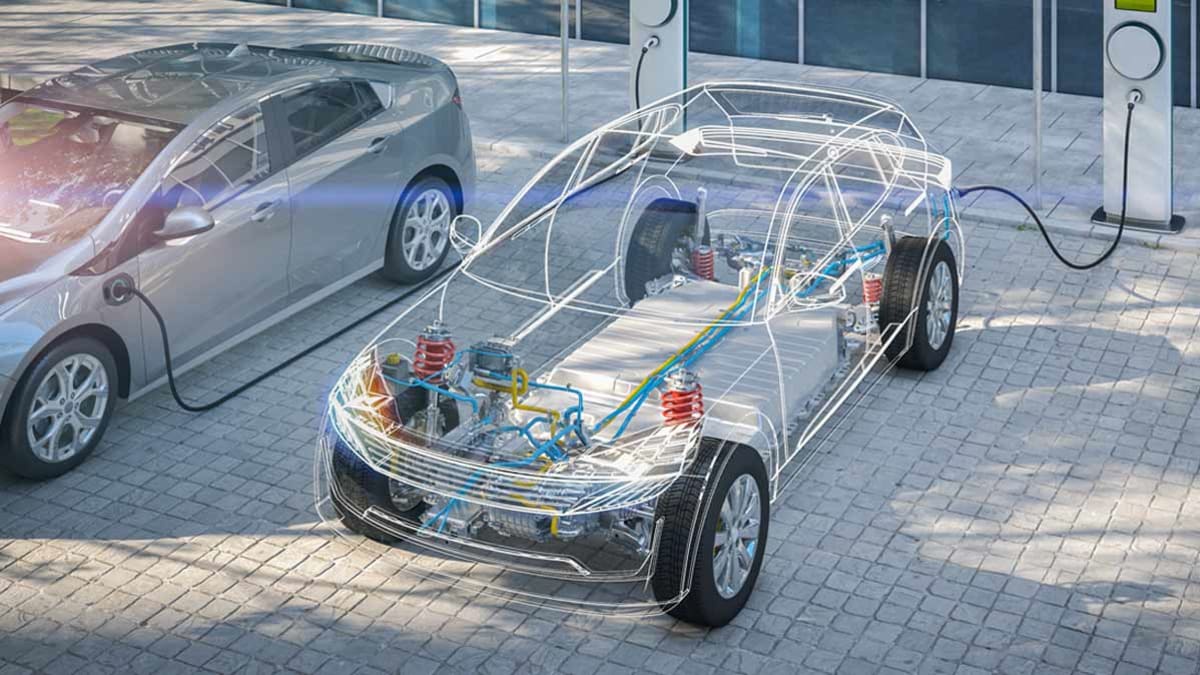A very serious, and important question.
So the point of the Trump2 Tariffs is to re-balance the international trade playing field, and begin to re-industrialize America, by getting factories going to produce products which we have the raw material, skills, and facilities to make in enough abundance and quality, to make not just what we need for our own use, but also to sell internationally.
We seem to be lacking in Rare-Earth-Metals, which are used in the production of everything from strong permanent magnets, to microchips, to laser diodes. So we seek to buy those materials from foreign sources, such as Ukraine, Iran, Indonesia and the Congo...
Well, what Industries or raw mat do we have, that other nations need, that we can build factories and develop a trained, skilled work force to produce specifically for the purpose international trade?
A few examples: EV cars and trucks, high tech non-lithium batteries, solar cells, animal feed-stocks, Laser Diodes, semi-conductor chips, high tech carbon fiber embedded plastics, food safe stainless steel for cookware, Medications, Paper, Steel, Aluminum, refrigeration compressors, farm produced low pollution, non-toxic fish...
What does America have the inherent raw materials, expertise, space, facilities, and expected foreign markets, to build-up as American Produced products for the world-stage.
What are we good at, have the raw materials, for, and is an under-served market, that we should be pursuing as our contribution to the Global Trade exchange?
-









 Brainless thread troll thinks Biden is still President.
Brainless thread troll thinks Biden is still President.